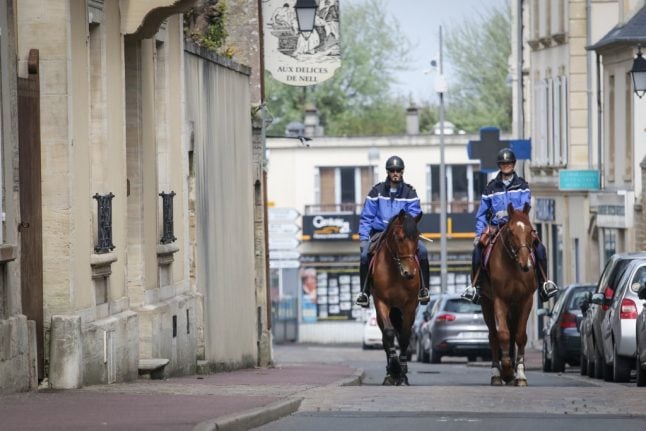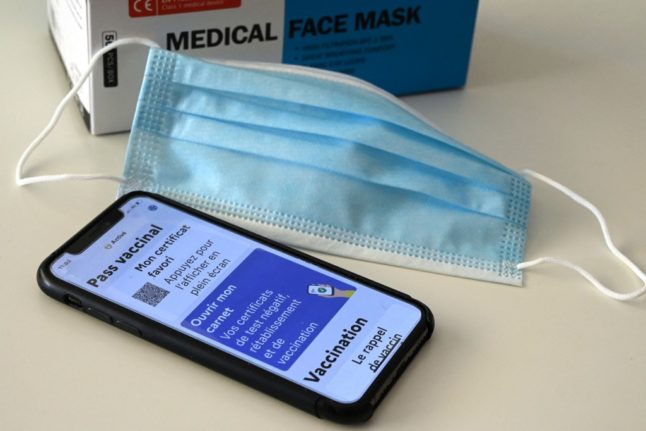“My aim is to prepare France for an eventual second wave, while preserving our daily life, our economic and social life,” new Prime Minister Jean Castex said in an interview on RTL television.
“But we're not going to impose a lockdown like the one we did last March, because we've learned… that the economic and human consequences from a total lockdown are disastrous,” he said.
Instead any business closures or stay-at-home orders would be “targeted” to specific areas, he said.
“The coronavirus is still here,” Castex warned, adding that he would travel Sunday to France's South American territory of French Guiana, which is reeling from a surge in cases.
Officials reported 124 new cases in the territory on Tuesday, bringing the total to nearly 5,200, and the government has dispatched dozens of health workers from the mainland to reinforce hospital staff.

New Prime Minister Jean Castex. Photo: AFP
Speaking earlier this year Jean-François Delfraissy, president of the Scientific Council convened by the French government to advise on coronavirus-related measures, also laid out a strategy for dealing with a second wave.
“The Scientific Council, what we are saying is: whatever happens, we will not be able to redo a generalised lockdown in France, Delfraissy told Le Parisien newspaper.
“The first time, it was essential, we had no choice, but the price we have to pay is too high.
“The population would certainly not accept it, the economic consequences would be major and, even from a health point of view, this is not desirable – do not forget that, apart from Covid, there were all the other patients who had delays in diagnosis during this period.”
However some areas could see the return of lockdown measures if they show a 'cluster' of cases, he said, adding:
“I am firmly convinced that if it starts up again, it will start up again in the Paris region.”
'We must remain vigilant'
“What we have to understand is that the epidemic's resurgence will basically depend on our behaviour,” he said in an interview with the Figaro newspaper.
Even as millions of people prepare to relax over the summer holiday seasons, Salomon urged continued social distancing and the use of face masks, “especially in crowded places and indoors.”
'We are going to protect people'
Jean Castex was named by President Emmanuel Macron last week to lead a new government tasked with orchestrating the country's recovery from its worst health and economic crisis since World War II.
Billions of euros have been promised for investments as well as measures to limit job losses in an economy expected to shrink around 10 percent this year.
“We are going to protect people, but above all we are going to invest in the ecological transformation, in our country's recovery,” Castex said.
He also confirmed he had increased a proposed wage hike and budget boosts for hospital staff by around €1 billion in negotiations with unions this week, bring the total envelope to €7.5 billion.
But union leaders say that would lift monthly pay for nurses, technicians and others on the front lines of the coronavirus fight by only 180 euros a month, far short of demands for a €300 raise.
The outbreak has killed nearly 30,000 people in France since the first cases were reported in January.



 Please whitelist us to continue reading.
Please whitelist us to continue reading.
Member comments